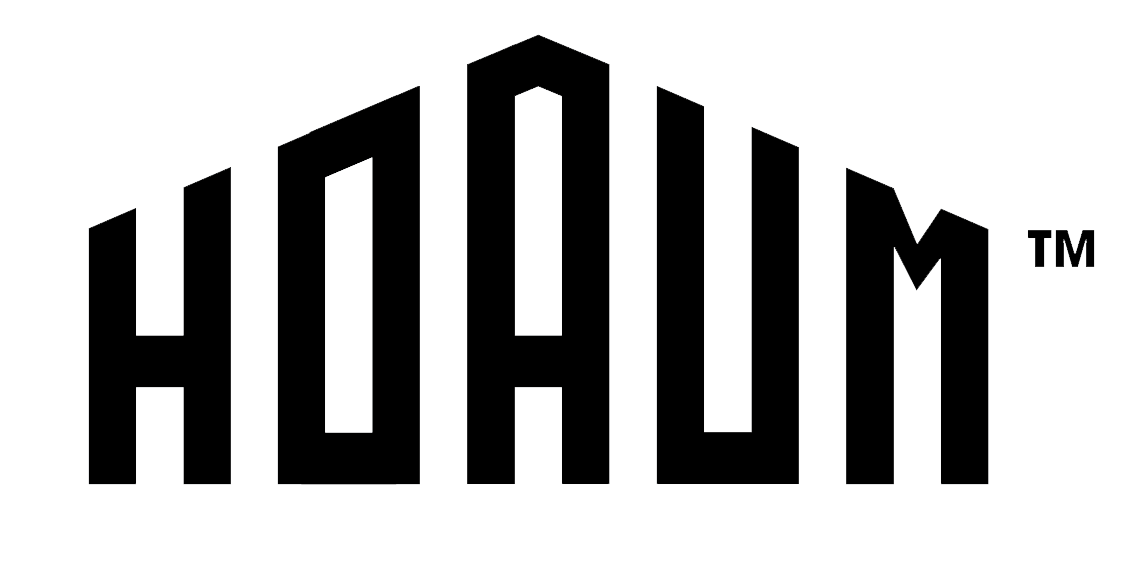Home warranties have been a go-to safety net for homeowners for decades, offering financial protection against unexpected repairs for home systems and appliances. However, the industry is undergoing a transformation thanks to advancements in technology. From streamlined claims processes to predictive maintenance, technology is reshaping how home warranties operate, making them more efficient, customer-focused, and comprehensive than ever before.
From Paper Contracts to Digital Platforms
In the past, managing a home warranty involved cumbersome paperwork, phone calls, and long wait times. Today, many companies have embraced digital platforms, allowing homeowners to manage their warranties online. Features include:
- Digital Contracts: Customers can review their policies and coverage terms anytime through apps or web portals.
- Online Claims Filing: Filing a claim now takes minutes, often with 24/7 availability, eliminating the need to call during business hours.
- Real-Time Updates: Homeowners receive instant notifications on claim status, technician scheduling, and repair progress.
This digital transition has streamlined the process, reducing frustration and improving customer satisfaction.
The Role of Artificial Intelligence in Home Warranties
Artificial Intelligence (AI) is playing a significant role in the home warranty sector. Companies are using AI to improve services in several ways:
- Predictive Maintenance: AI algorithms analyze usage patterns and maintenance histories of appliances and systems to predict when they might fail, allowing homeowners to address issues proactively.
- Efficient Claims Processing: AI-powered systems can quickly assess claims, verify coverage, and approve repairs, speeding up the process for both customers and service providers.
- Customized Recommendations: AI helps tailor warranty plans based on a homeowner’s specific needs, suggesting coverage that aligns with their property and lifestyle.
These advancements ensure a more personalized and responsive experience for homeowners.
Smart Home Integration
Smart home technology is revolutionizing how home warranties interact with the homes they cover. Many warranty providers now offer plans that integrate with smart devices, enabling a higher level of service and protection. Examples include:
- Smart Sensors: Devices like water leak detectors and temperature sensors can alert both the homeowner and the warranty provider to potential problems, such as pipe bursts or HVAC malfunctions, before they escalate.
- Remote Diagnostics: Technicians can use data from smart appliances to remotely diagnose issues, saving time and ensuring repairs are completed efficiently.
- Automated Maintenance Alerts: Smart home devices can notify homeowners when routine maintenance, such as filter replacements or system servicing, is due.
This integration not only prevents costly breakdowns but also extends the lifespan of covered items.
Enhanced Transparency Through Blockchain
Blockchain technology is beginning to make its mark on the home warranty industry by increasing transparency and trust.
- Immutable Records: Blockchain creates secure, tamper-proof records of policy details, claims, and maintenance histories, reducing disputes between homeowners and providers.
- Faster Payouts: By automating and securing transactions, blockchain enables quicker reimbursement for approved claims.
This innovation ensures that both providers and customers operate on a level playing field, with clear and verifiable documentation.
Data-Driven Insights for Better Coverage
Big data is transforming how home warranty providers design their plans and interact with customers. By analyzing vast amounts of data, companies can:
- Identify Trends: Recognize common causes of appliance failures and adjust coverage options accordingly.
- Optimize Pricing: Use data to offer competitive pricing based on regional trends, home types, and appliance brands.
- Proactive Communication: Notify homeowners about potential risks based on data insights, helping them avoid costly repairs.
This data-driven approach allows warranty providers to offer more relevant and cost-effective solutions.
Green Technology and Eco-Friendly Coverage
As sustainability becomes a priority for homeowners, warranty providers are adapting their coverage to include eco-friendly options. For example:
- Coverage for Energy-Efficient Appliances: Many warranties now include or offer upgrades for energy-efficient systems, encouraging sustainable choices.
- Recycling and Disposal Services: Some providers include eco-friendly disposal of old appliances as part of their service, ensuring environmentally responsible practices.
These advancements align with the growing demand for green solutions in homeownership.
The Future of Home Warranties
The integration of technology into home warranties is just the beginning. As smart homes become more prevalent and AI continues to evolve, we can expect further innovations, such as:
- Self-Repairing Systems: Appliances and systems that can automatically perform minor repairs or calibrations.
- Fully Automated Claims: AI systems that approve claims instantly, without human intervention.
- Dynamic Coverage Models: Policies that adjust coverage and pricing in real time based on a homeowner’s usage patterns and lifestyle.
These advancements will make home warranties even more indispensable for modern homeowners.
Final Thoughts
The home warranty industry is evolving rapidly, leveraging technology to offer better service, enhanced transparency, and more comprehensive coverage. For homeowners, this means faster claims processing, proactive maintenance, and greater peace of mind. As these innovations continue to shape the industry, home warranties are becoming not just a safety net but a smart, integrated tool for managing and protecting your home.
